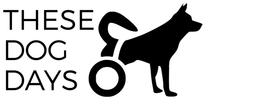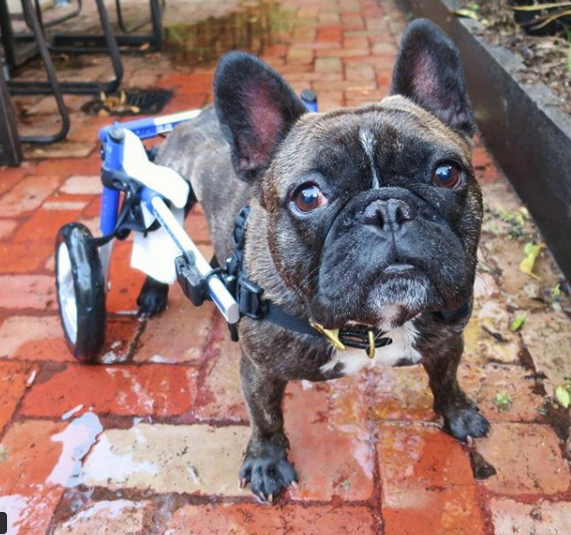|
2/13/2018 0 Comments LouisThis is Louis, a French Bulldog from Melbourne, Australia. Louis has a condition called intervertibral disc disease (IVDD) which resulted in something similar to a slipped disc. It was a very sudden injury that occurred without any accident or falls that we know of. We noticed that he was wobbly in the hind legs and seemed uncomfortable, like he had a stomach ache. We took him to the emergency vet where he progressed very quickly (within 24hrs) to becoming completely paralysed in the hind legs. Many dogs make a full recovery from these injuries if treated quickly. Unfortunately the scans indicated that Louis would not benefit from surgery. Despite the best efforts of some great specialists and six months of intense rehabilitation efforts his condition remained unchanged. Louis will be permanently paralysed but we've all adjusted to this new 'normal' and life is good!
0 Comments
Leave a Reply. |
Search or select topicsAll Acupuncture Arthritis Bladder Management Blindness Bowel Management Cerebellar Hypoplasia Deaf Degenerative Myelopathy Diabetes Diet Electro Stimulation FCE Genetic Disorder Grooming Hemivertebrae Hydrotherapy Incontinence IVDD Laser Therapy Limb Amputation Limb Deformity Paralysis Physical Therapy Rescue Spinal Injury |
Search by typing & pressing enter

